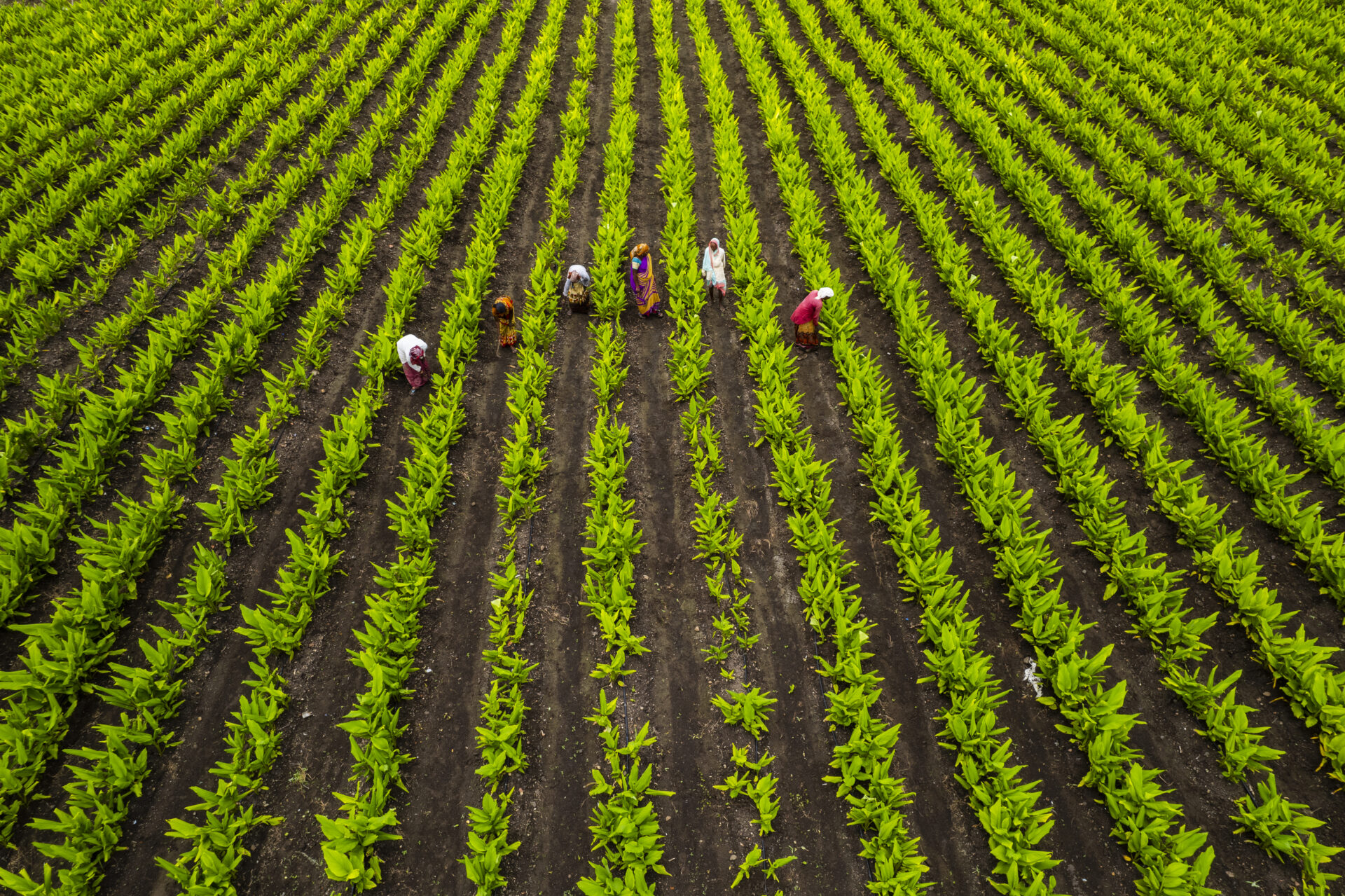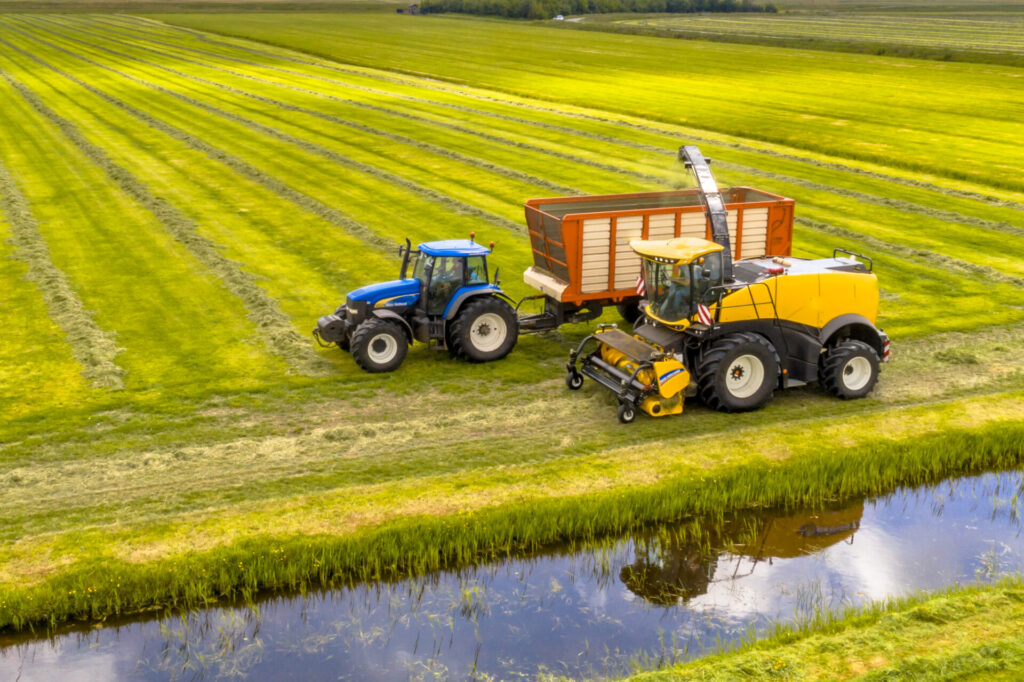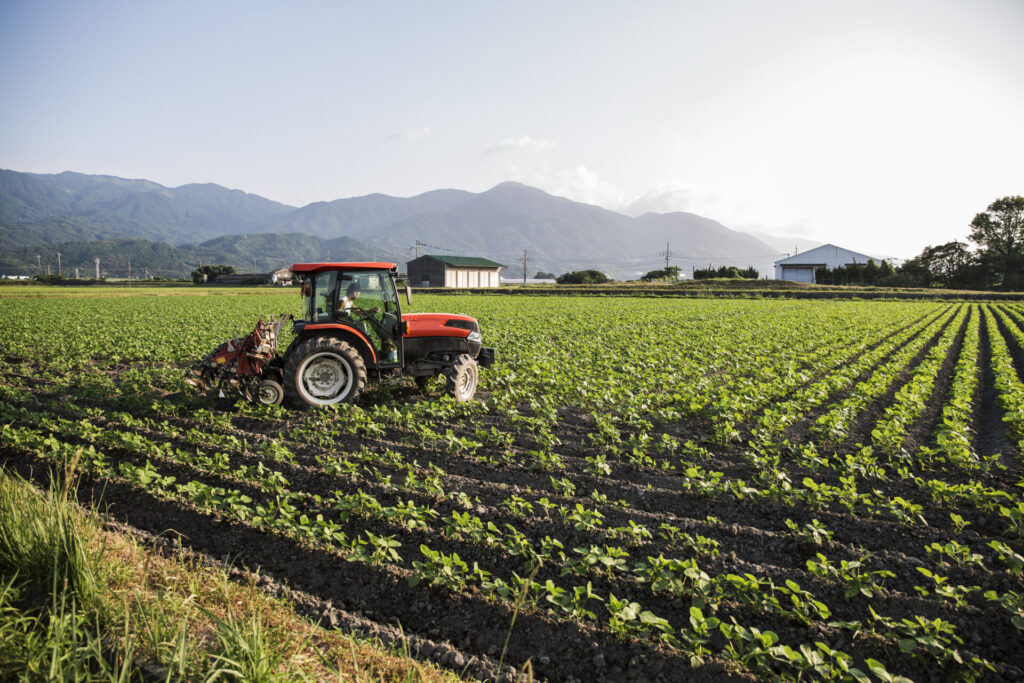
Achieving Food Security Through Climate-Smart Agriculture Innovations
Climate-smart agriculture (CSA) is emerging as a cornerstone of global efforts to tackle the challenges related to climate change, food security, and sustainable development. By achieving the triple goals of reducing emissions, enhancing resilience, and boosting productivity, CSA provides a vital pathway toward low-emission, resilient development. Despite its transformative potential, the agri-food system currently receives only 4.3 per cent of global climate finance, underscoring the need for greater coordination and investment. The World Bank has stepped up to address these gaps, increasing its annual investment in CSA eightfold since the Paris Agreement to nearly $3 billion by fiscal year 2023 (FY23). In fiscal year 2024 (FY24), climate finance represented 62 per cent of total lending in the agriculture and food sector, a significant jump from 51 per cent in FY23.

Challenges in the Global Agri-food System
Agriculture is both a victim and a driver of climate change, contributing nearly a third of global greenhouse gas emissions while facing mounting risks from rising temperatures, erratic weather patterns, and resource scarcity. These challenges threaten to plunge millions into poverty and food insecurity. Alarmingly, much of the $650 billion in annual public support to agriculture globally fails to reach intended beneficiaries or exacerbates environmental and health costs.

The World Bank’s Comprehensive Approach
1. Knowledge and Diagnostics
The World Bank’s CSA strategy is built on robust diagnostics that inform actionable climate solutions. Country-specific Climate and Development Reports help governments prioritize climate-smart investments, while Climate-Smart Agriculture Investment Plans (CSAIPs) identify opportunities to scale sustainable practices.
2. Financing and Advisory Support
The World Bank provides an array of financial and technical advisory services, focusing on:
- Sustainable Livestock and Value Chains: Promoting efficient, climate-smart livestock systems and improving agricultural value chains.
- Policy and Subsidy Reform: For instance, in Indonesia, a $2 billion fertilizer subsidy program was revamped to improve efficiency and climate outcomes.
- Access to Credit: In Colombia, credit lines and guarantees incentivize small- and medium-sized farms to adopt CSA practices.
3. Partnerships and Collaboration
The World Bank collaborates with international and regional organizations, private sector actors, and local stakeholders. Partnerships with entities like CGIAR and initiatives such as the West Africa Food System Resilience Program (FSRP) amplify CSA’s reach. The Bank also plays a pivotal role in global coalitions, including the COP28 UAE Declaration on Sustainable Agriculture and the Sharm el-Sheikh Joint Work on Climate Action under UNFCCC.
Innovative Financing Mechanisms
To scale CSA initiatives, the World Bank is exploring innovative financial instruments, such as performance-based interest reduction loans, exemplified by Uruguay’s climate-smart financial framework. These mechanisms align financial incentives with environmental outcomes, offering scalable models for other countries.

Results and Impact
The World Bank’s commitment to CSA is reflected in its tangible outcomes:
- Emission Reductions: Projects approved between FY22 and FY24 are expected to avoid 174.5 million tons of CO2 equivalent emissions.
- Farmer Empowerment: As of FY24, 4.7 million farmers adopted improved agricultural technologies, enhancing food security and sustainability.
- Country-Specific Successes: In Bangladesh, a $578 million investment derived from the CSAIP enabled 127,500 farmers to adopt new technologies. In Lesotho, a $57 million project supported nearly 24,000 farmers in cultivating drought-resilient crops.
Way Ahead
The World Bank aims to further expand CSA by increasing investments, fostering innovation, and strengthening partnerships. Strategic frameworks like “Recipe for a Livable Planet” will guide scalable and context-specific solutions. By integrating climate finance with global development goals, the World Bank is setting a benchmark for how the world can achieve a sustainable and food-secure future.

Prachi, an accomplished Chief-Editor at The Sustainable Brands Journal, has 15+ years of experience in Europe, the Middle East, and India, managing 90+ global sustainable brands. She’s a prolific writer in sustainability, contributing to various publications. Prachi’s unwavering passion and expertise make her a recognized authority, driving positive change and inspiring a sustainable future.





